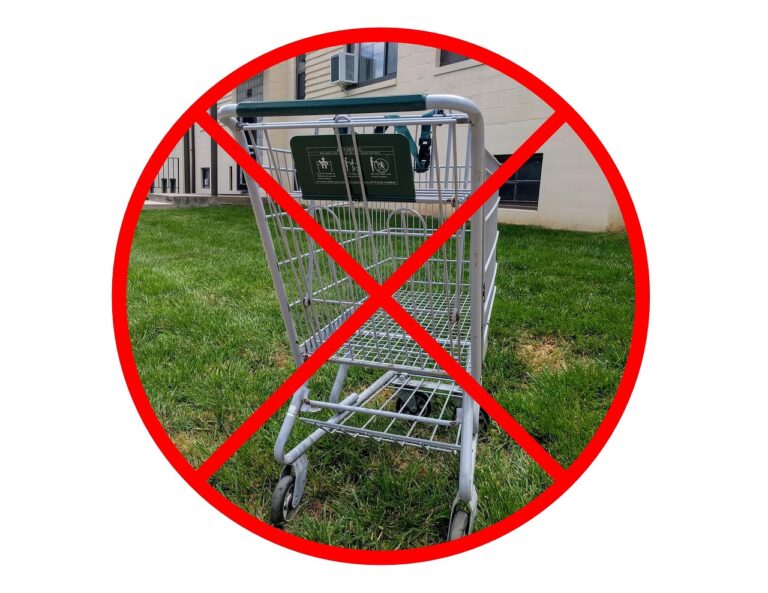How to Deal with Scalp Folliculitis: Tips and Products
cricketbets999.com login, 11xplay reddy login, betbhai 9.com:Scalp Folliculitis is a common condition where the hair follicles on the scalp become inflamed. This can lead to redness, itching, and pustules on the scalp, which can be uncomfortable and frustrating to deal with. If you’re struggling with scalp folliculitis, don’t worry there are ways to manage and treat this condition effectively.
1. Keep your scalp clean
One of the most important things you can do to prevent and treat scalp folliculitis is to keep your scalp clean. Use a gentle shampoo that is formulated for sensitive skin and make sure to wash your hair regularly. Avoid using harsh products or excessive styling products that can clog your hair follicles.
2. Avoid scratching
While it may be tempting to scratch your itchy scalp, this can actually make the condition worse. Scratching can lead to further inflammation and can even cause infections. Try to resist the urge to scratch and instead focus on treating the underlying cause of the itching.
3. Use a medicated shampoo
If you’re dealing with moderate to severe scalp folliculitis, using a medicated shampoo can help to manage the condition. Look for shampoos that contain ingredients like ketoconazole, salicylic acid, or zinc pyrithione, which can help to reduce inflammation and fight off infection.
4. Try a scalp treatment
In addition to using a medicated shampoo, you may also want to try a scalp treatment specifically formulated for scalp folliculitis. These treatments often contain ingredients like tea tree oil, which has antimicrobial properties, or aloe vera, which can help to soothe inflamed skin.
5. Avoid tight hairstyles
Tight hairstyles like braids, ponytails, or buns can put pressure on the scalp and exacerbate folliculitis. Opt for looser styles that won’t tug on your hair follicles or irritate your scalp.
6. Consult a dermatologist
If you’re struggling to manage your scalp folliculitis on your own, it may be time to consult a dermatologist. They can provide a proper diagnosis and recommend the best course of treatment for your specific condition.
7. Be patient
Dealing with scalp folliculitis can be frustrating, but it’s important to be patient. It may take time to find the right treatment that works for you, so don’t get discouraged if you don’t see immediate results.
FAQs
Q: Is scalp folliculitis contagious?
A: No, scalp folliculitis is not contagious. It is a common condition that can be caused by a variety of factors, including bacteria, yeast, or fungi on the scalp.
Q: Can scalp folliculitis be cured?
A: While scalp folliculitis can be managed and treated effectively, it may not always be cured completely. However, with proper care and treatment, you can reduce symptoms and prevent flare-ups.
Q: Are there any natural remedies for scalp folliculitis?
A: Some people find relief from scalp folliculitis by using natural remedies like tea tree oil, apple cider vinegar, or aloe vera. However, it’s important to consult with a dermatologist before trying any home remedies to ensure they are safe and effective.
In conclusion, dealing with scalp folliculitis can be a frustrating experience, but with the right tips and products, you can manage this condition effectively. Remember to keep your scalp clean, use medicated shampoos and treatments, avoid scratching, consult a dermatologist if needed, and be patient throughout the treatment process. With proper care and attention, you can keep your scalp healthy and free from folliculitis flare-ups.






